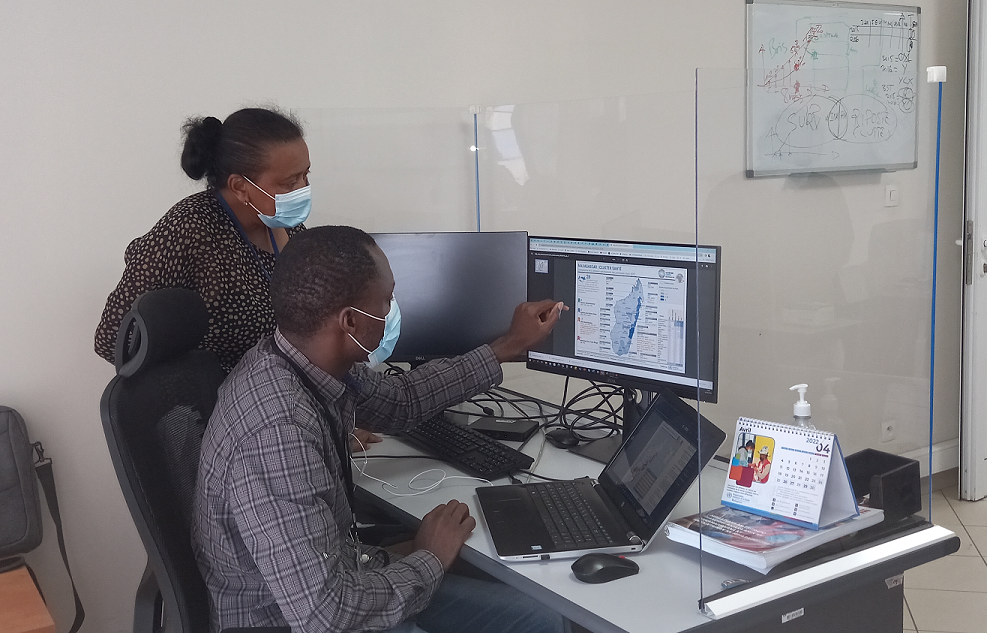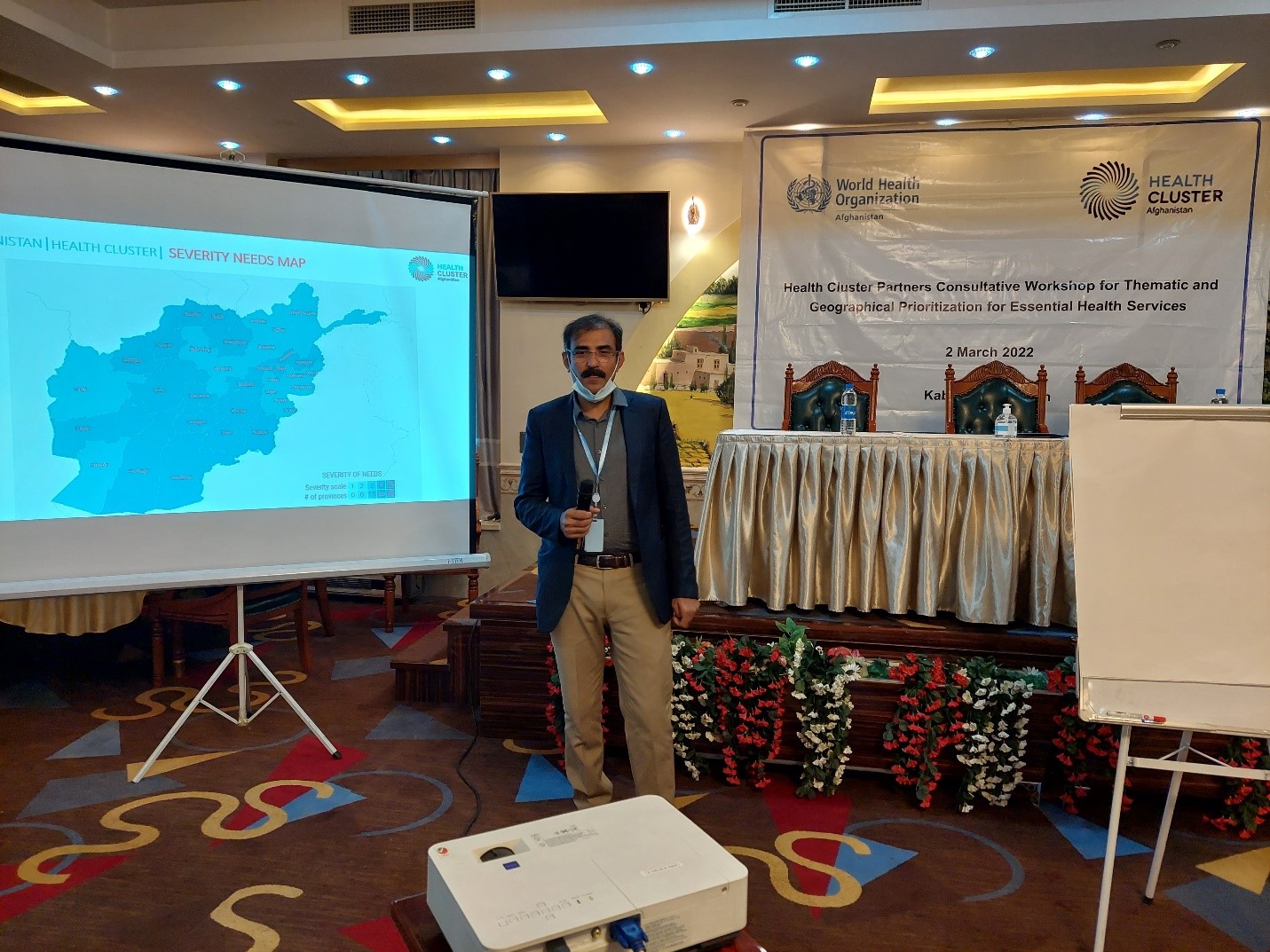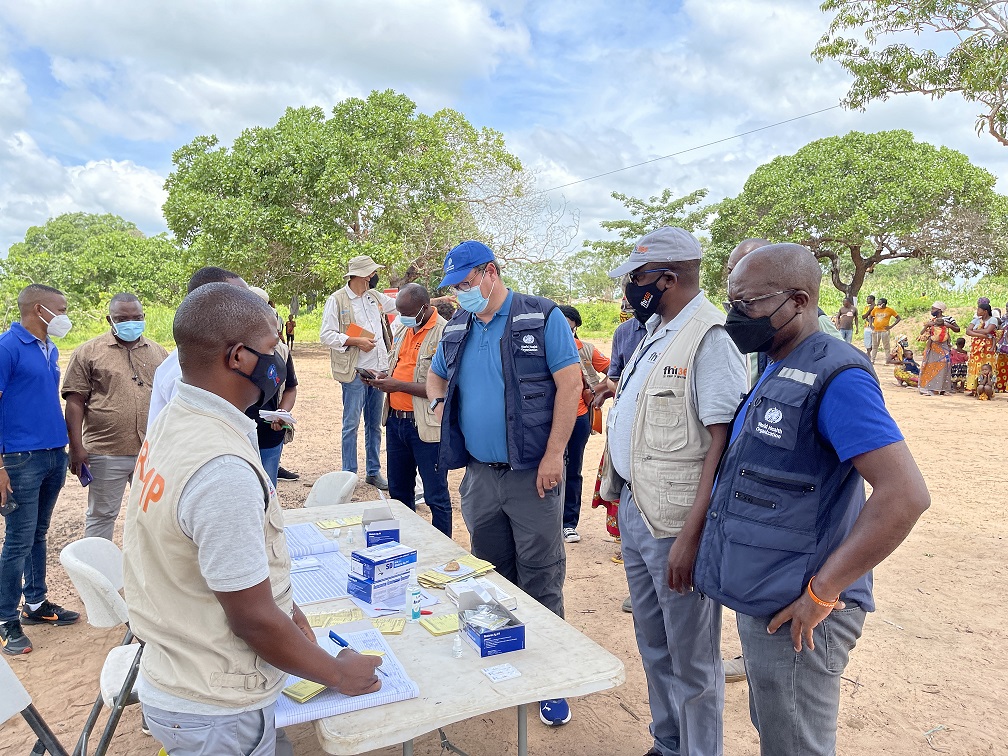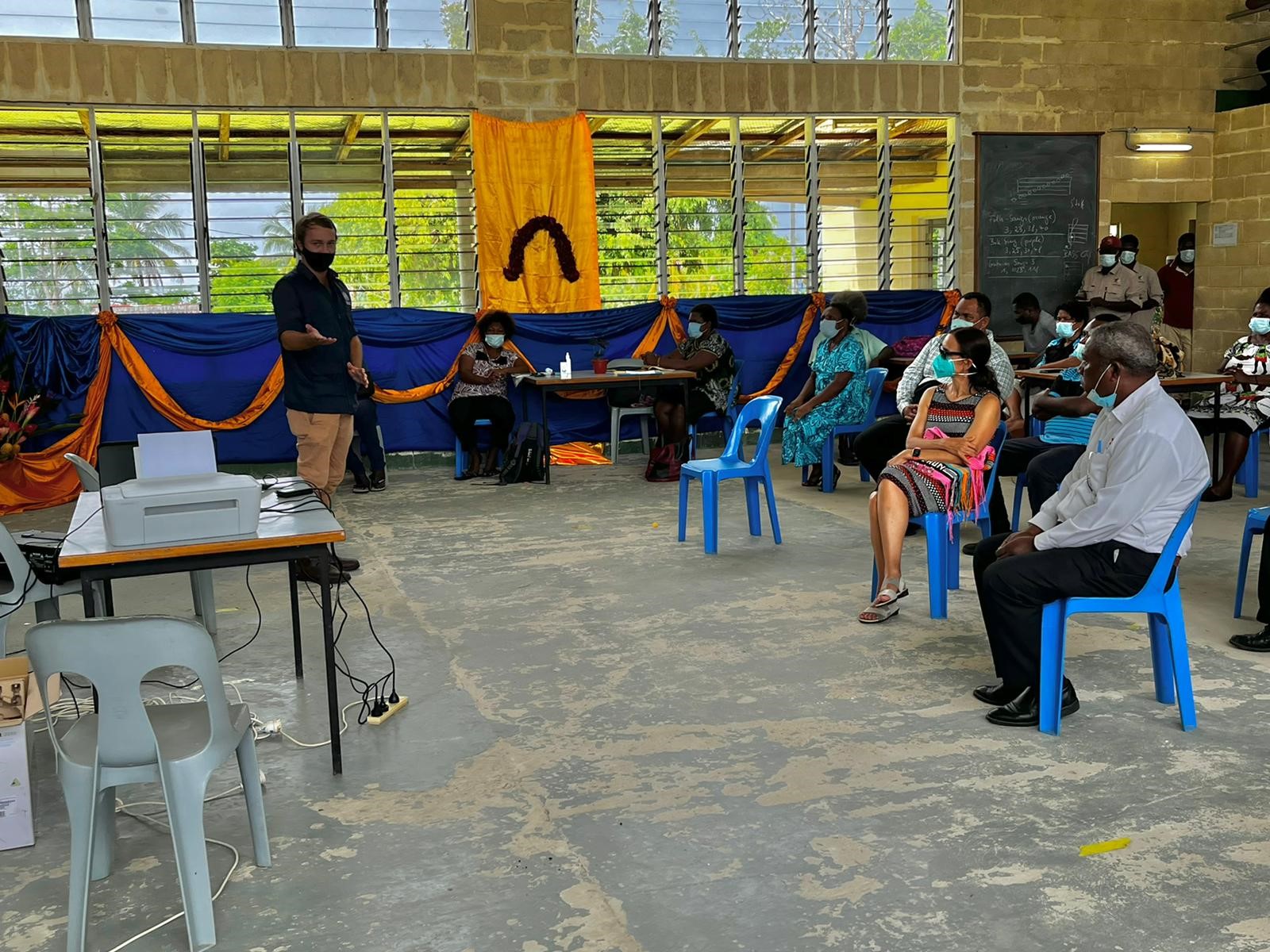During emergencies, where humanitarian needs escalate rapidly, Standby Partners are essential to quickly strengthen WHO capacity to respond as Cluster Lead Agency. Standby partnership agreements between WHO and external organizations allow for the no-cost and rapid deployment of experts to WHO Country Offices and Health Clusters in countries facing emergencies.
The Standby Partners maintain rosters of pre-screened and trained personnel who can rapidly fill gaps to provide advisory, technical and operational support to WHO and Health Clusters to respond to health emergencies. Standby personnel are not a substitute for regular staffing, but a resource to temporarily bolster WHO's emergency response capacity.
Country Health Clusters benefit greatly from these partnerships and recognize the value of the support received both for coordination at national and sub-national levels, as well as on information management. In 2021 nearly 40% (24 deployments) of total standby partner deployments (63) were in support of the Health Cluster in 12 countries, in response to 5 emergencies: COVID-19 (13), Northern Ethiopia (7), Afghanistan (2), Haiti earthquake (1), and protracted emergency in Cameroon (1). From these 24 deployments, 16 (67%) supported information management capacity while the remaining 8 (33%) supported coordination of health clusters at subnational and national levels.
The Standby Partners that supported the Health Cluster globally in 2021 were: iMMAP (15 deployments), Norwegian Refugee Council (NRC) (4), CANADEM (3), RedR Australia (2), with funding respectively from the following key donors: USAID Bureau of Humanitarian Affairs, Norwegian Ministry of Foreign Affairs, Global Affairs Canada, FCDO and the Australian Government’s Department of Foreign Affairs and Trade.
Currently, there are 19 Standby Partner experts deployed to support the health cluster in 14 countries, some of which are detailed below.
CANADEM has been providing strong support to Health Cluster coordination at sub-national level in three regions of Ethiopia. “The humanitarian situation in northern Ethiopia has extended for more than a year and severely affected the lives and livelihoods of more than 9.4 million people in need of assistance in the Tigray, Amhara, and Afar regions,” said Indrajit Hazarika, Incident Manager, Northern Ethiopia response. “Along with Health Cluster partners, WHO has been supporting life-saving and essential health services in the conflict-affected areas. This would not have been possible without the generous and timely support of our stand-by partners.”
Currently, there are 11 Information Management Officers deployed through iMMAP who support health cluster coordination in eight countries: Grade 3 emergencies (Ukraine, Northern Ethiopia, Afghanistan, COVID-19 response in South Sudan); Grade 2 emergencies (Madagascar), Haiti Earthquake response as well protracted emergencies (Cameroon). In addition, three IMMAP experts support the Health Cluster on information management activities at the global level.
Mr Mohamed Dabo, Information Management Officer, supported by iMMAP, contributed to sharing with partners standard tools for collecting and monitoring the health emergency response in Madagascar. “Thanks to this mechanism”, Mohamed said, “the analysis improved, and I was able to produce operational presence and thematic maps and information bulletins to support decision-making, as well as advocacy and communication”.

Credit: WHO - Mr Mohamed Dabo, Information Management Officer, supported by iMMAP, explaining to a team member Health Cluster partners’ mapping in Madagascar.

Credit: WHO - Mr Irfan Ghumman, Information Management Officer, supported by iMMAP, presenting the Health Cluster severity needs analysis during the Health Cluster partners consultative workshop for thematic and geographical prioritization for essential health services in Afghanistan.
NORCAP - the Norwegian Refugee Council's global provider of expertise - has been providing key support for coordination at the national and sub-national level for the Health Cluster, with ongoing deployments in Afghanistan, Central African Republic and Mozambique.

Credit: WHO - Dr Theodor K. Yamdji, sub-national Health Cluster Coordinator supported through NORCAP, participating in a mission (13 – 17 March 2022) from WHO and the national Health Cluster to assess the performance of the sub-national Health Cluster in Cabo Delgado and the quality of the Health Cluster response to the crisis in the region affected by conflict in northern Mozambique.
REDR Australia has been a key partner in the Pacific region with significant support to the Health Cluster in Papua New Guinea, through the one-year deployment of a Health Cluster Coordinator.

Credit: WHO - Jack O’Shea, Health Cluster Coordinator in Papua New Guinea, supported through RedR Australia, is participating in a Ministerial Vaccine Taskforce/WHO visit to Manus Island.
WHO and the Global Health Cluster are appreciative of the support provided by the Standby Partners to the health cluster in countries over the years and welcome an even stronger collaboration in emergencies moving forward.
Related Links
